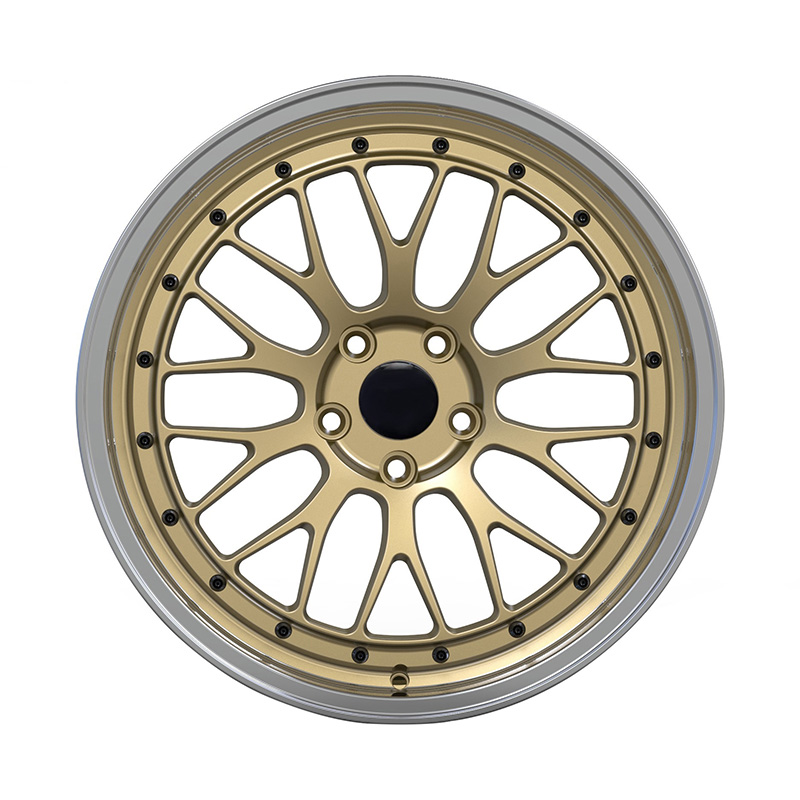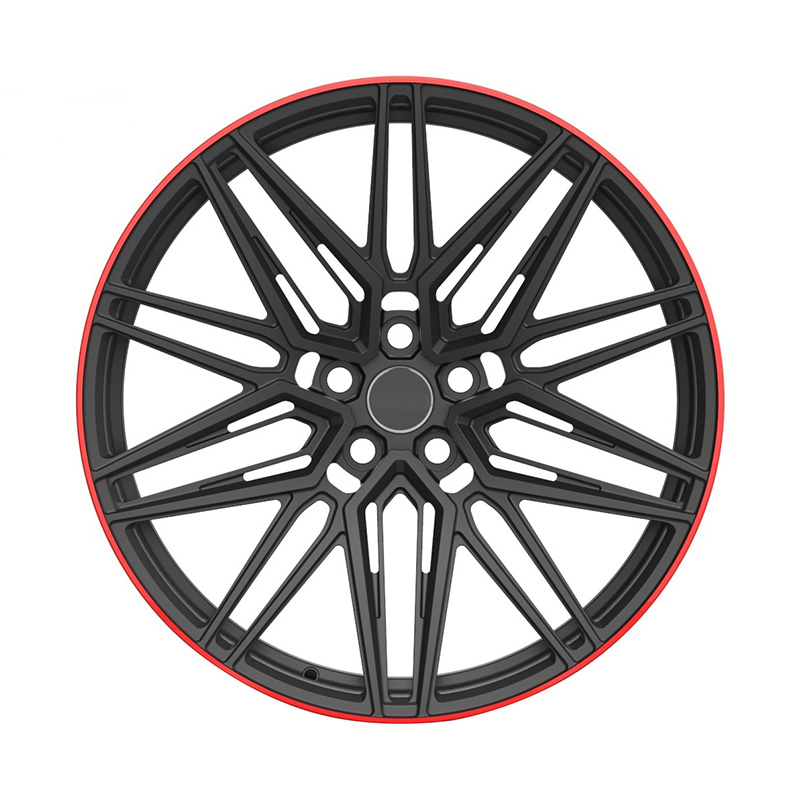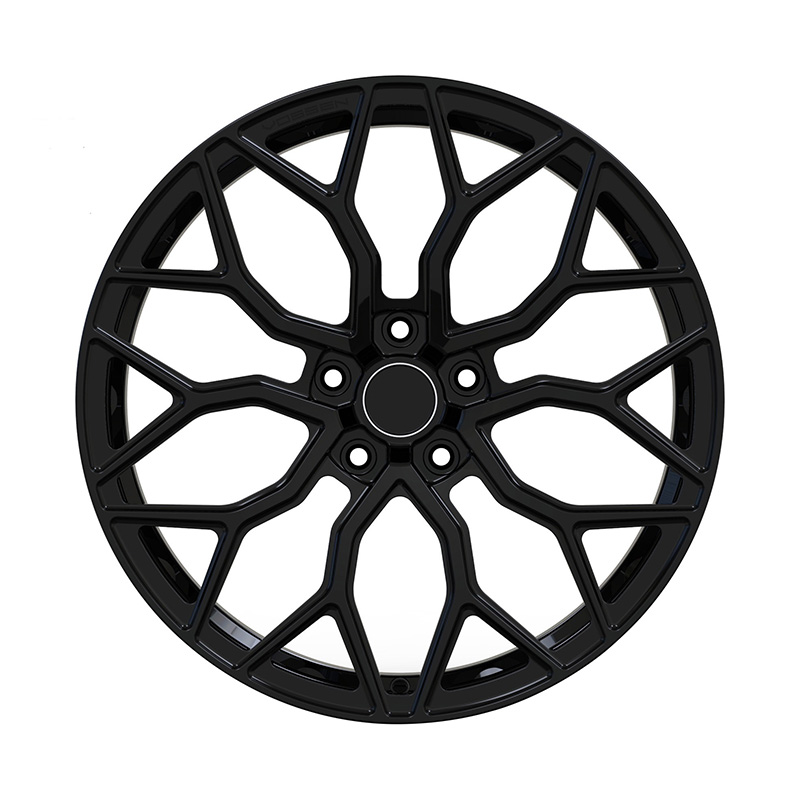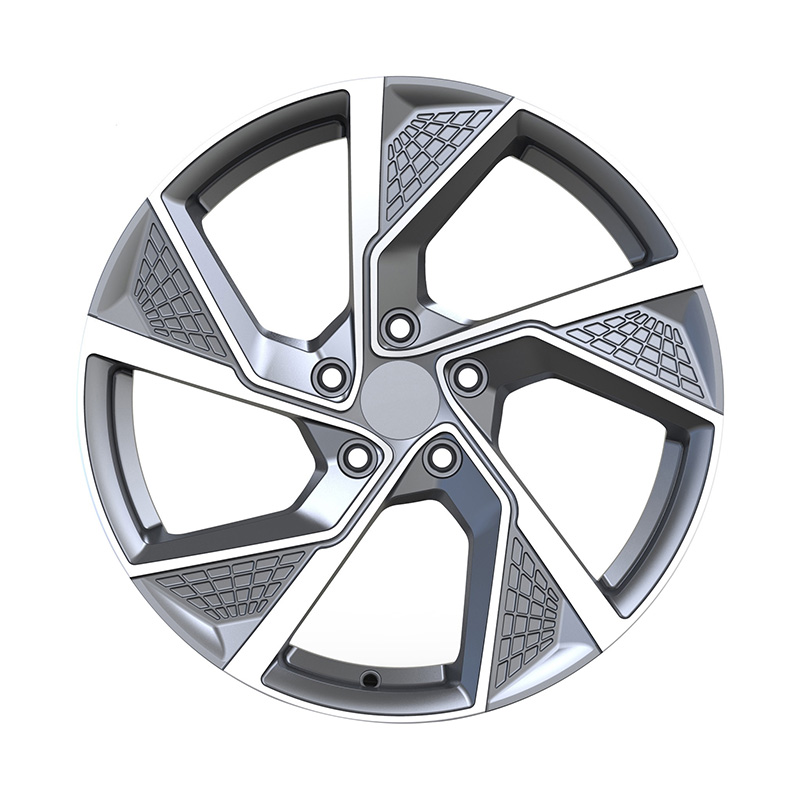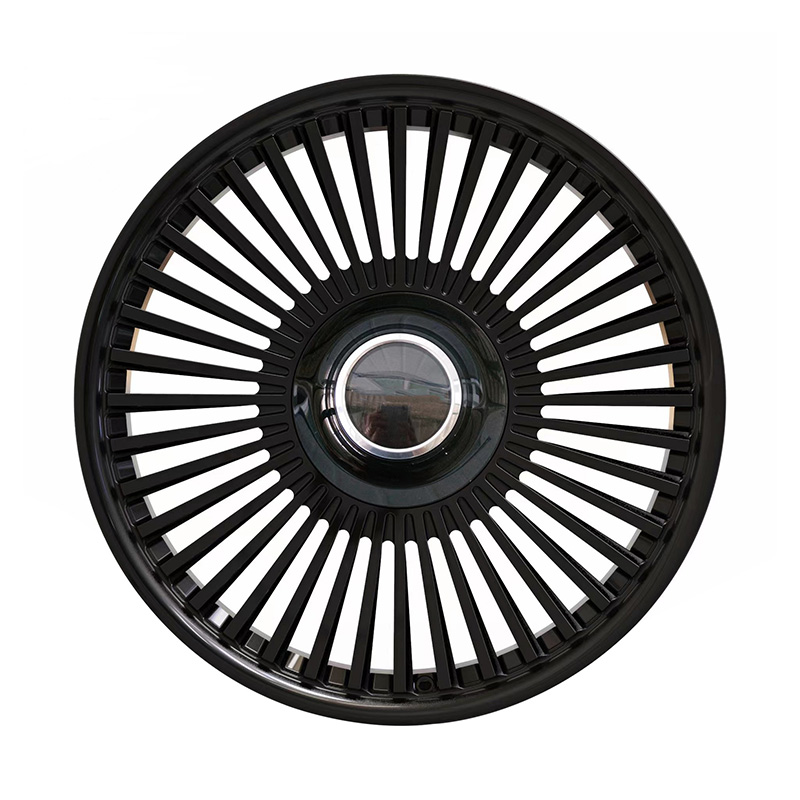
Submit
Submit feedback
Aluminum Alloy Wheel Modification Differences for Different Car Models
2025-08-20
Aluminum alloy wheels have become one of the popular upgrades in the vehicle modification world. Known for their lightweight construction, durability, and aesthetic appeal, these wheels are often the first component replaced when drivers seek performance enhancements or visual customization. However, wheel modification is far from one-size-fits-all—the requirements for sedans, SUV, sports cars, and trucks can differ significantly.
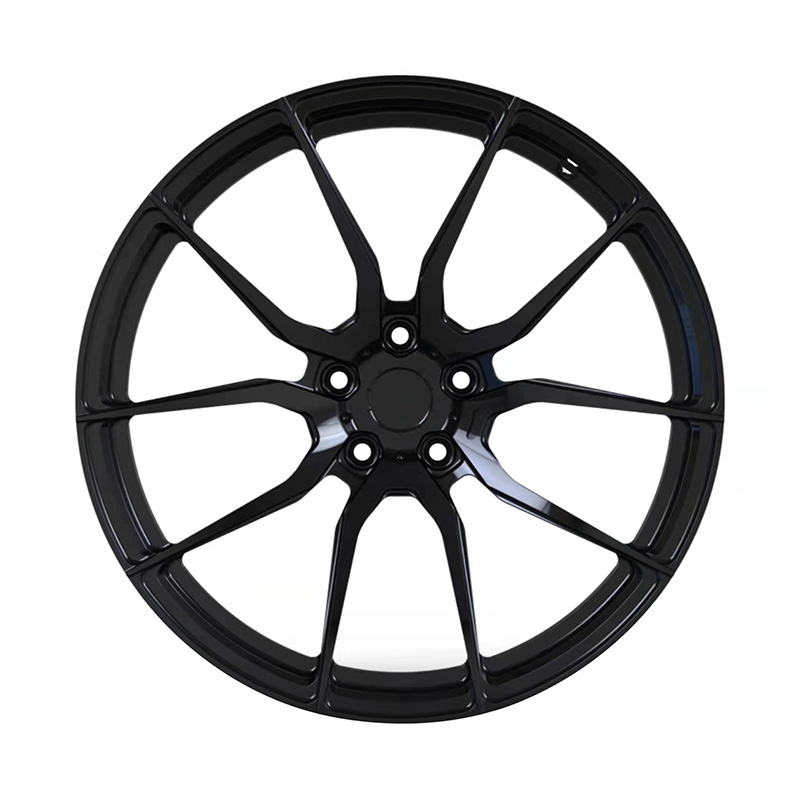
Sedans: Balance of Comfort and Efficiency
Sedans are typically daily drivers that prioritize fuel efficiency, smooth handling, and ride comfort. When modifying aluminum alloy wheels for sedans, size and weight must be carefully balanced.
Wheel Size: Most sedans come with 15"–17" factory wheels. Upgrading to 17"–18" alloys offers a more aggressive stance without compromising ride quality.
Offset & Fitment: Sedans require precise offset specifications to avoid interference with suspension or fender liners.
Weight Consideration: Lightweight forged or flow-formed aluminum wheels can reduce unsprung mass, improving fuel economy and acceleration.
For sedans, wheel modification aims for subtle performance gains and refined styling, rather than drastic changes.
SUV: Load Capacity and Durability
Sport Utility Vehicles (SUVs) demand aluminum wheels that can handle greater loads and more rugged conditions.
Load Rating: SUV wheels need higher load ratings to support the vehicle’s weight, especially for 7-seater or off-road models.
Wheel Diameter: It's common to upgrade to 19"–22" wheels for visual enhancement, but this must be matched with tires that preserve the correct rolling diameter.
Reinforced Structure: Alloy wheels for SUVs often feature reinforced spokes or bead designs to withstand harsher terrains and impacts.
Customization for SUVs often focuses on durability, off-road functionality, and road presence, which calls for heavier-duty aluminum alloys or hybrid constructions.
Sports Cars: Lightweight and High-Performance Fitment
Sports cars benefit the most from aluminum alloy wheel modifications, where performance is the top priority.
Reduced Rotational Mass: High-end forged aluminum wheels significantly reduce rotational inertia, improving handling, braking, and throttle response.
Wider Widths: Wider wheels allow for the use of broader, performance-oriented tires, increasing grip during aggressive driving.
Brake Clearance: Many sports cars have large brake calipers, so aftermarket wheels must be carefully selected for sufficient clearance.
Custom Offsets: Sports car enthusiasts often use staggered setups (wider rear wheels) for improved traction and handling dynamics.
For this segment, wheel selection is about maximizing speed, control, and cornering performance without sacrificing structural integrity.
Pickup Trucks: Utility and Strength
Pickup trucks, often used for towing, hauling, or off-road applications, require aluminum alloy wheels tailored for toughness and utility.
Heavy Load Compatibility: Aftermarket wheels must meet or exceed OEM load ratings to handle towing and cargo demands.
All-Terrain Use: For off-road performance, truck wheels are designed with thicker rims, beadlocks, or protective lips.
Aggressive Fitment: Many truck owners prefer negative offset wheels for a wide stance, giving the truck a bold and rugged appearance.
In this category, modifications prioritize functionality, durability, and off-road adaptability over aesthetics alone.
Electric Vehicles (EV): Efficiency and Range
As EVs become more common, aluminum alloy wheel designs must also accommodate their unique requirements.
Aerodynamic Design: EV wheels often feature low-drag designs to improve range and efficiency.
Weight Sensitivity: Unsprung mass affects EV more significantly due to regenerative braking systems and battery dynamics.
Noise and Comfort: Because EVs are quieter, wheels must reduce vibration and resonance to preserve cabin comfort.
In EV applications, the emphasis is on efficiency, lightweight construction, and NVH (noise, vibration, harshness) optimization.
recommend products
-
Zhenlun Multi Spokes Split Monoblock Forged Wheels Bronze With Silver Lip Edge
-
Zhenlun Matt Black With Red Lip Monoblock Forged Wheels
-
Zhenlun Gloss Black Monoblock Forged Wheels Gloss Black For Sports Car
-
Zhenlun Monoblock Forged Wheels Lightgrey With Machined Face
-
Zhenlun Monoblock Forged Wheels Gloss Black Dense Multi Spoke

 0
0

